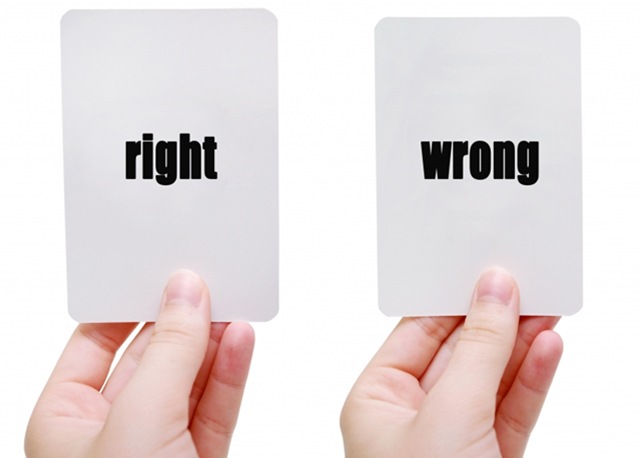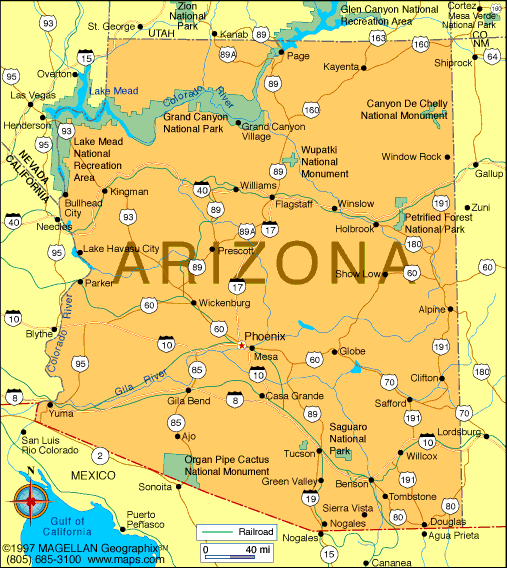
I just finished watching the movie
Nine and I can't type nearly as fast as I came up with things to discuss. Having spent a great portion of my undergraduate career studying Italian film -- including an entire course on
Federico Fellini (a good start, but not nearly enough time to capture his full essence) -- the parallels were all too evident in the 2009 movie musical, one that could easily have followed from Fellini's 1963 spectacle,
8 1/2. I'm not even quite sure where to begin, so I'll go chronologically through the film with my observations.

1) Guido Contini: The name of the main character already comes laden

with history, as Guido was also the name of the main character in
8 1/2, famously played by
Marcello Mastroianni. Guido in
Nine, however, was brought to you by Daniel Day-Lewis, who actually looked more like Fellini than he did Marcello Mastroianni. Still, even channeling Fellini gave the film a smooth segue from
8 1/2 to
Nine. Guido, as a character in the former movie, however, has adopted a different last name in this recent version. The attachment of Contini as the last name may just be a way to reinvent the character, a way to prove that it is *not* the same Guido from before (that, after all, was Guido Anselmi). But the name Contini brings with it a heavy connection on its shoulders. In 1977, author Giorgio Bassani wrote a novel called Il Giardino dei Finzi-Contini (
The Garden of the Finzi-Continis), a piece that was later turned into a
movie of the same name. The story took place during World War II and told of a Jewish family who tried to maintain their extravagant lifestyle while outside the walls enclosing their estate, Mussolini was imprisoning the Jews. The wall that created this garden thus offered the Finzi-Contini family protection from the outside world, a way to escape all of the turmoil that they would undoubtedly be exposed to on the other side. While
Nine makes no direct reference to Bassini's work, the name Contini conveys the idea of an inside and an outside, in the same way that it highlights the idea of the spectator and the spectacle.
2)
Sophia Loren's role as Mamma in
Nine is also extremely telling. She often starred with Marcello Mastroianni (for example in
Una Giornata Particolare (
A Special Day) (1974)) and, while Mastroianni himself doesn't appear in
Nine, the character he personified in
8 1/2 (Guido) does. Thus, even though Sophia Loren was not in
8 1/2, her connection to Mastroianni helps her serve as a credible matriarch of
Nine, rightly named Mamma.
3) The usage of the number 9 in
Nine has two notable meanings that I have found so far. First,
8 1/2 was Fellini's ninth film. The fact that this film uses the nearest whole number after 8 1/2 as its title suggests that Fellini's earlier version is now complete. (Fellini even ends
8 1/2 with a large dance circle, demonstrating not only the importance of grandeur, but also the symbolism embedded in the circle, a representation of the cyclical nature of life and its absurdities. Even creating this Part Two of
8 1/2 shows that events and people often come full circle.) Second, Guido is 9 years old when he appears in flashbacks.
4) Despite the fact that Nicole Kidman does not play a major role in
Nine, she bears a striking resemblance to
Anita Ekberg, the Swedish actress who dramatically splashed around in the Trevi Fountain in
La Dolce Vita (1960), flirting with Marcello Mastroianni (playing a character named Marcello) and declaring,
"Marcello, come here!" Nine has
Kidman occupying a similar role (even with a fountain in the background at one point) with this Guido (not played by Marcello...is this confusing yet?).


5) In
Nine, La Saraghina makes her presence known, even if albeit somewhat briefly, and is particularly symbolic of Fellini's work. She embodies the idea of the spectacle, of the maternal, of dance. In
8 1/2, Saraghina serves as further personification of the essence of the gaze. According to Millicent Marcus, a former professor of mine, "
Because the dance frees La Saraghina from her role as passive object of the gaze, elevating her to the status of active and emancipated subject, she can, in turn, direct a formative gaze upon the audience of young boys who have served as the enablers in this process of self-idealization" (page 4). One could actually look upon the ideas of the gaze, the spectacle, and the self throughout both of these films. Paying attention to each of these elements alone would surely give you a vastly different perspective of the film. In
Nine, Fergie took on the role of La Saraghina as if they shared a bloodline. A line in
8 1/2 describes her as the devil reincarnate: "Ma non lo sai che La Saraghina e
il diavolo?" ["But you don't know that La Saraghina is the devil?"] Fergie, in fact, made La Saraghina transition seamlessly from her prior dance on the beach of Rimini
in 8 1/2 to
her performance later in
Nine. All in all, I'd say a great casting decision.
6) Another throwback to Fellini, Kate Hudson (as Stephanie, a film critic) says, "Every frame is like a postcard." This one-liner would bring any Fellini fan back to 1952's
Lo Sceicco Bianco (
The White Sheik),

in which the main character, Ivan, brings his virginal bride to Rome for a honeymoon, and while he's sleeping, she goes off in search of the protagonist of her favorite soap opera photo strip. At her hotel, however, she becomes mesmerized by the postcards at the reception desk, and it is easy to see how much she appreciates these glimpses into other scenes, much like what would appear in the photo strips she adores.
7) Fellini often liked to include a picture within a picture -- or, in other words, people within his broader movie also participating in the watching of a production.
Nine director Rob Marshall preserved this characteristic and had the "inner movie" also titled
Nine, thereby making the audience wonder which one was the actual production, the broader story or the story within the story.
8) In
Nine, Nicole Kidman's and Daniel Day-Lewis' characters are zooming out of Cinecitta in Day-Lewis' car, reminiscent of a sequence depicted in Fellini's 1972 film
Roma [starting in
this clip at 2:06]. It could be interpreted in a number of ways (such as a beginning or end of a chapter). [Something interesting to note is that as they are driving out of Cinecitta to escape the paparazzi, they pass by promotional posters of
Australia, Nicole Kidman's 2008 film with Hugh Jackman, clearly having nothing to do with Fellini's work, although a subtlety that Fellini himself may have even opted to include.]
9) At the end of
8 1/2, the audience is given access to the other side of the displays -- the back of the backdrop, if you will -- thus showing that behind every spectacle, there is an extravagant set-up, and that everything is perfectly orchestrated in order to create a final product. Fellini plays with that idea because he doesn't let his viewers know the difference between the set-up and the product. Maybe in that way, he makes everything the set-up and everything the product. In
Nine, toward the end of the movie (no spoiler ahead), the audience can see the breakdown of the set in a very similar fashion.
10) In addition to the aforementioned,
Nine pays homage to Fellini in other unobtrusive ways. While the cameras pan past the outside of
Cinecitta (a major film studio in Rome), they show a car pulling up to Soundstage 5. This soundstage, located on the grounds of Cinecitta, was Fellini's favorite, and was even named in his honor after he died in 1993, adopting the name Teatro Federico Fellini (see page 180 of
this book (as well as the other pages, too) for more of the inside scoop).
----------
When I set out to write this blog, I didn't mean for it to come out as a film review. (If it did, I apologize; I never trust other people's film reviews since everyone has different tastes in movies and also judges them based on varying criteria, so by no means to I wish to impart my own assessment of the movie.) I just wanted to highlight several items that I noticed and to invite you to comment on other parallels I may not have identified here. In watching a movie, there is so much more that goes into it than storyline, actors, etc. -- in this case, it was all of this film's intricacies that would go unrecognized by a non-Fellini-phile that, to me, made it a nine.















































